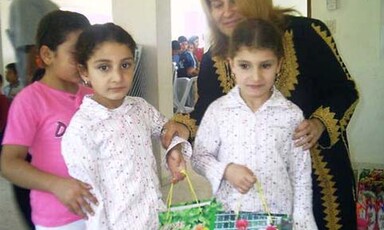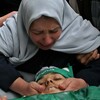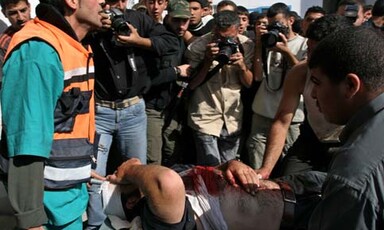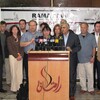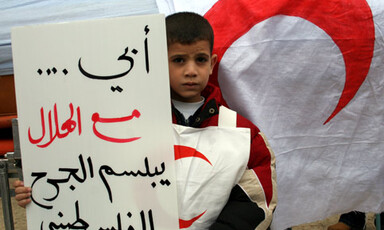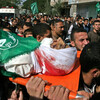
Beit Hanoun: A People's Will versus an Army's Arsenal
Gaza Strip 7 November 2006
“The Israeli army soldiers are now blockading the mosque; while a number of resistance fighters are inside, where they have taken sanctuary for fear of being attacked. Dozens of women made their way into the mosque, to make a defensive shield for the helpless men inside,” Faten Sehwail of Beit Hanoun told me by cellphone while huddled inside her home, unable to go outside because of the Israeli army-imposed curfew. Beit Hanoun is a small Palestinian city in the northern Gaza Strip, where Israeli-created “autumn clouds” are now over the heads of its residents, making their days as black as their nights. Read more about Beit Hanoun: A People's Will versus an Army's Arsenal

